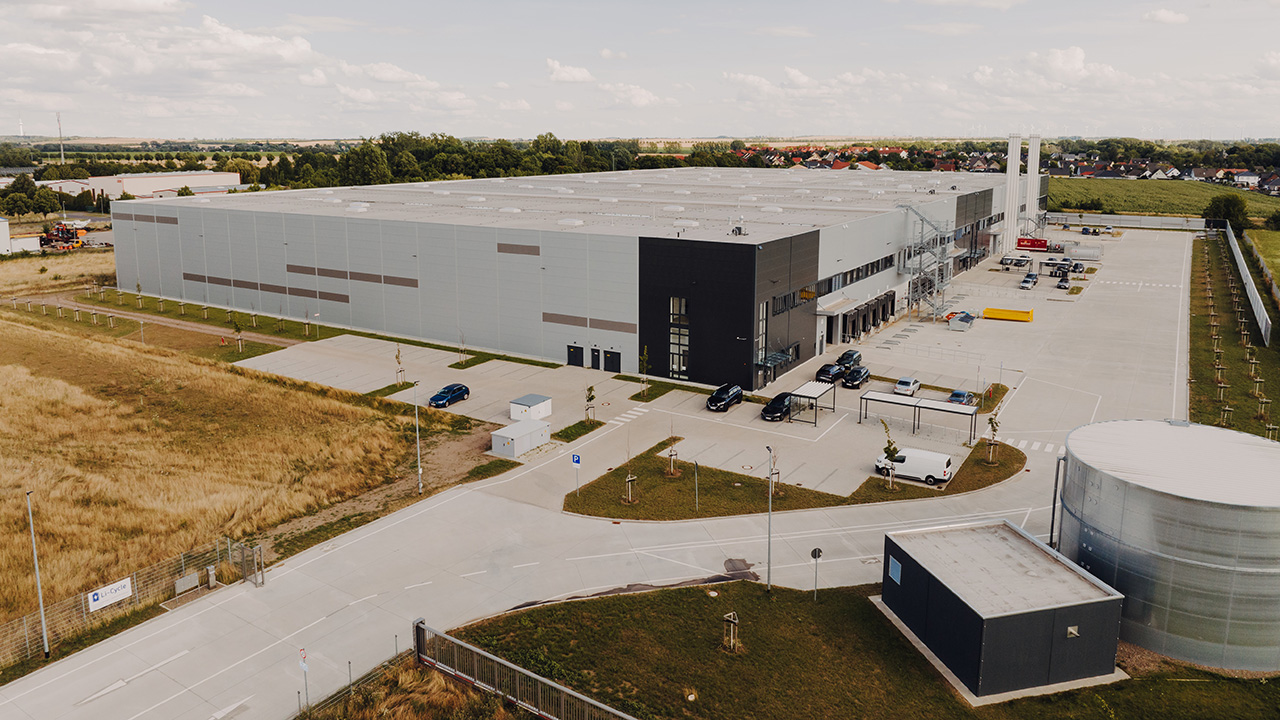The plant can process 10,000 tons of material, with the first main line now in operation. Li-Cycle says a second main line for another 10,000 tons will follow later this year. Another 10,000 tons for a total capacity of 30,000 tons are planned at a later date. Magdeburg would then be “the largest spoke in the current Li-Cycle portfolio and one of the largest plants of its kind in Europe,” the company said. Kion Group is one LiCycle’s first partners for the plant.
In Magdeburg, it is not the actual reprocessing of the battery raw materials that takes place, but an important preliminary stage: in the so-called “spokes”, the used batteries and production rejects are processed into the so-called black mass, a mixture of the active materials of the batteries – other materials are sorted out in the process and also reused. From the black mass, the respective starting raw materials are then extracted in the “hubs” by means of hydrometallurgical processes, which can then be turned into new batteries again.
No decision has yet been made for such a “hub” in Europe, but it is planned: In May, it was announced that Li-Cycle and the mining and raw materials company Glencore plan to build Europe’s largest battery recycling factory in Sardinia, Italy.
Subject to a final investment decision, the battery recycling plant could be operational by the end of 2026 or early 2027 and process 50,000 to 70,000 tons of black mass per year, enough for up to 36 GWh of new lithium-ion batteries. A decision on this is likely to be made next year. Further European Spokes are planned in France and Norway.
The Germany Spoke in Magdeburg uses Li-Cycle’s “Generation 3” spoke technology to directly process all types of lithium-ion battery waste, including complete electric vehicle battery packs, without the need for discharge, disassembly or thermal processing.
Li-Cycle sees the Magdeburg startup as evidence of its ability to “deploy its proprietary modular technology and business model anywhere in the world and grow in step with customer demand.” The company already operates several spoke facilities in North America.
“This is a major milestone for Li-Cycle as we continue to expand our position as a global leader in battery recycling and resource recovery,” said Tim Johnstin, co-founder and executive chairman of Li-Cycle. “The new Spoke facility in Germany will serve as an anchor point for Li-Cycle’s expansion in Europe and support our growing customer base, including global battery manufacturers and automakers, in the largest battery market on the continent.”
Source: Li-Cycle

